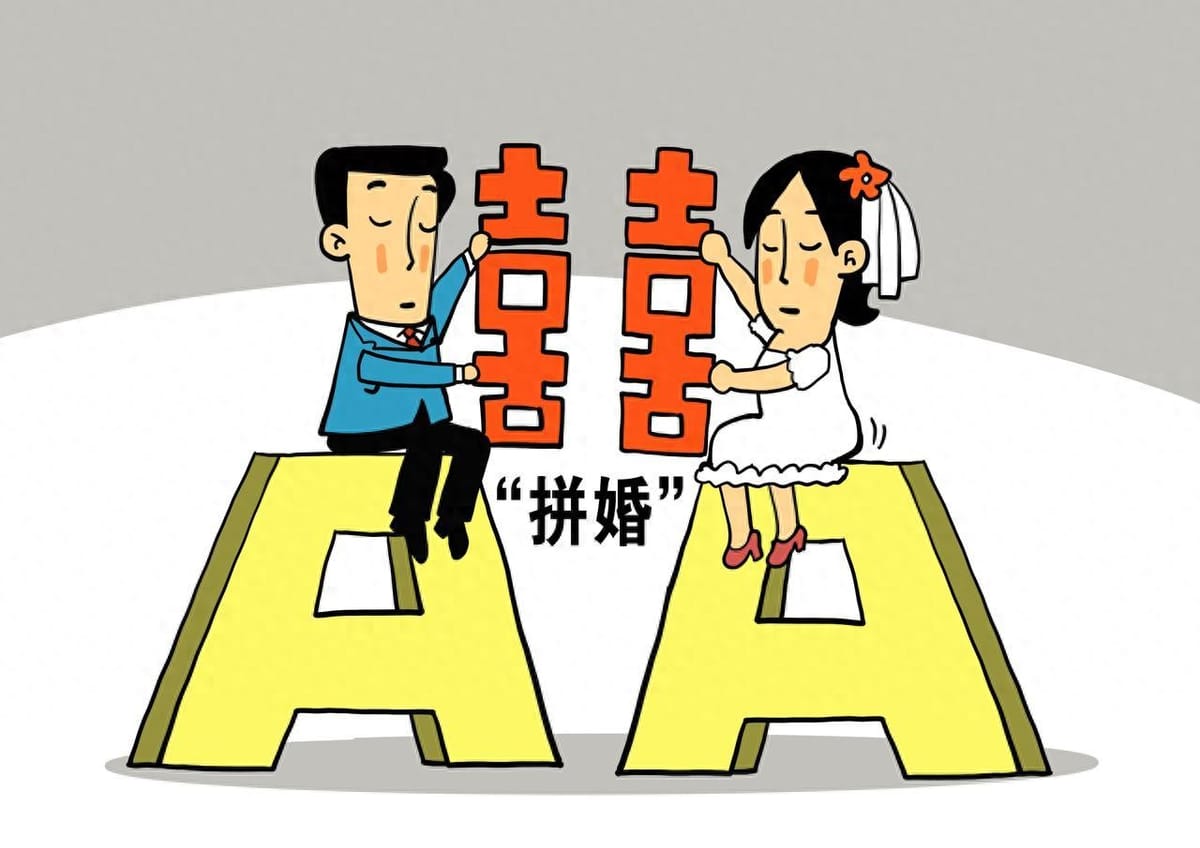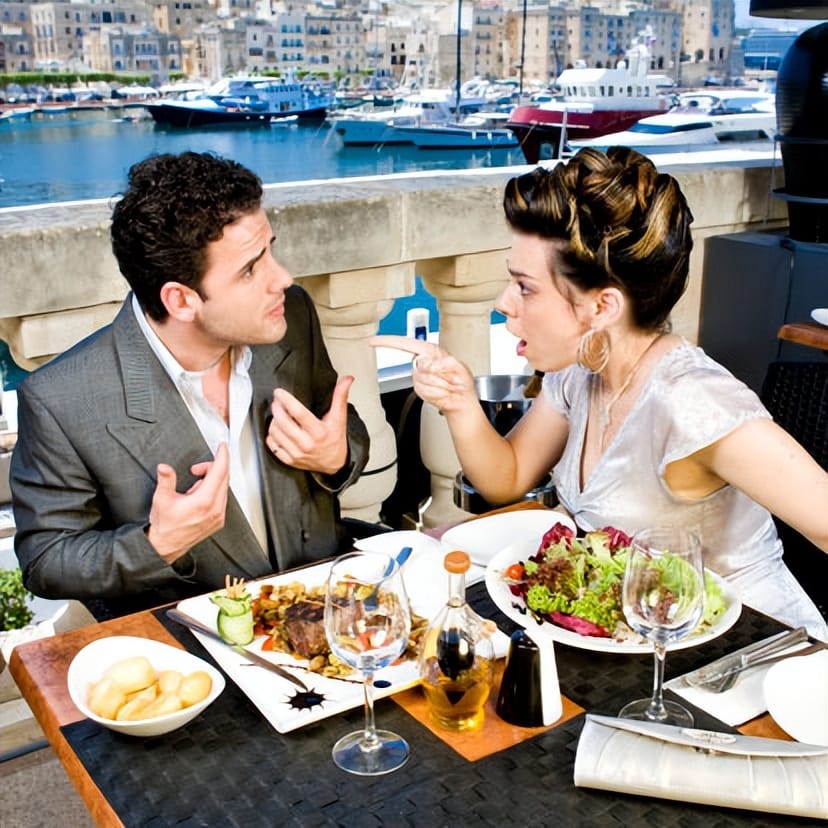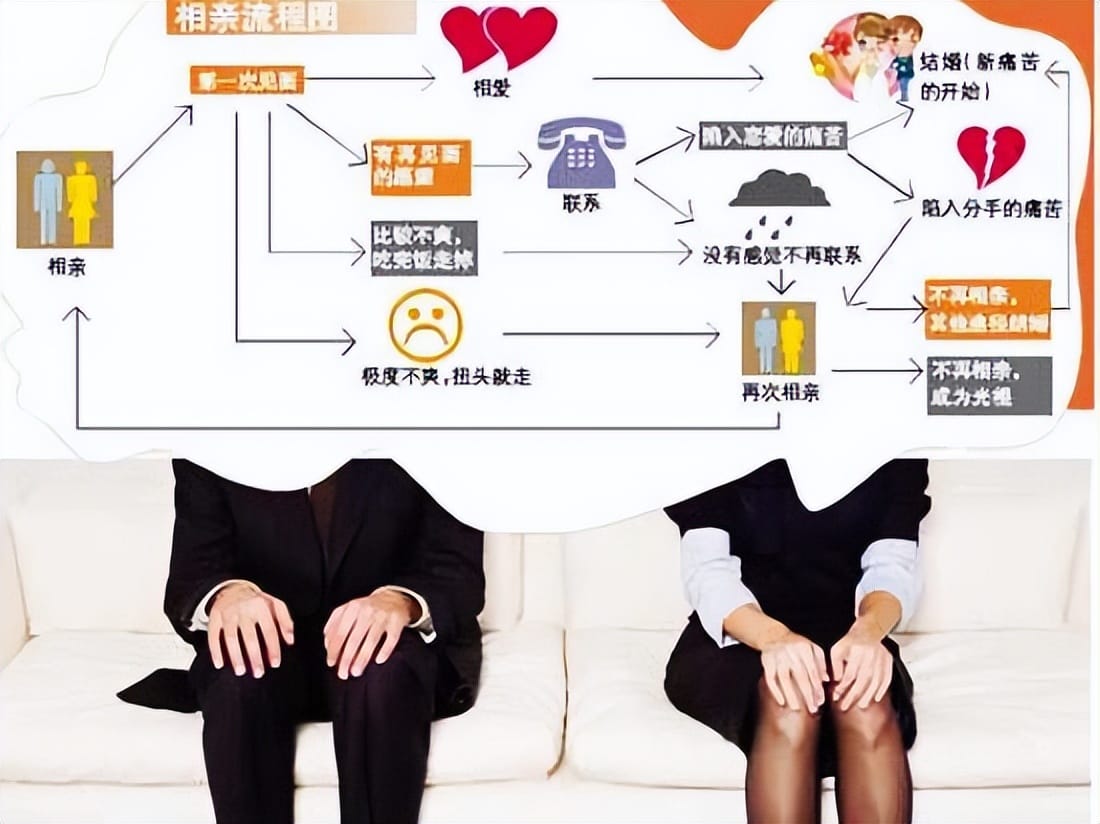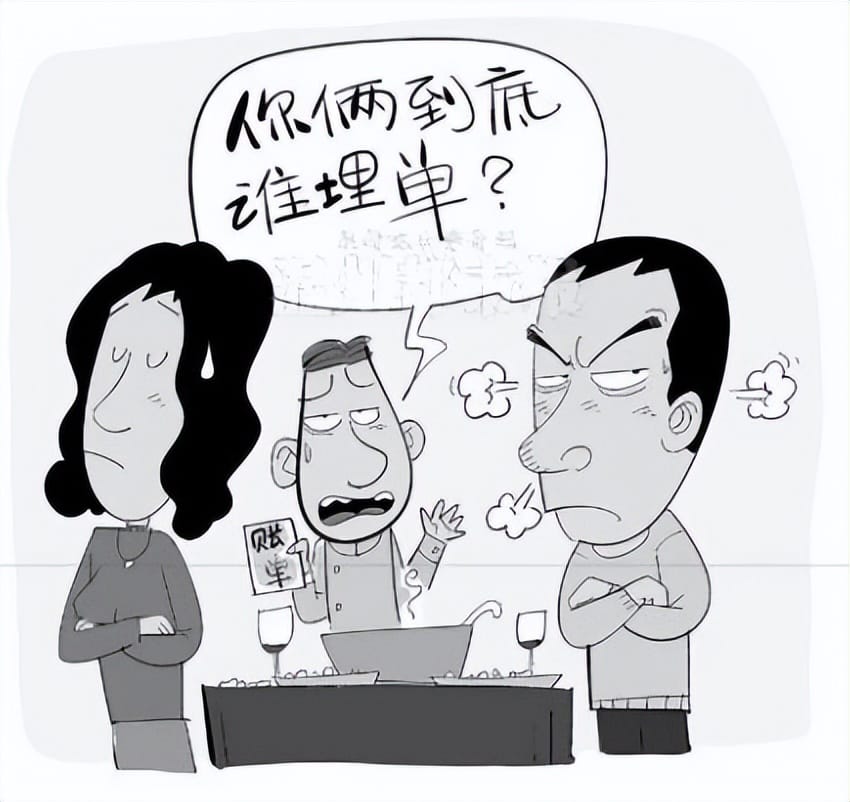Blind Date AA: Navigating Fairness, Feelings & Etiquette
Should blind dates split the bill? Dive into the evolving views on fairness, gender roles, and etiquette in modern dating with real stories and expert advice.

The Blind Date Bill Dilemma 🤔: Who Pays and Why It Matters
Ah, the blind date — a cocktail of excitement, nerves, and the ever-dreaded question: who's footing the bill? As the trend of "blind date AA" (splitting the bill) rises, especially among the younger generation, the topic sparks hot debates. Is it about fairness and independence 💪, or is it a social minefield riddled with missteps and hurt feelings? Let's untangle the mess with some laughs and insights!

💥 Case Files: Dating Disasters and Triumphs
Case 1: A 28-year-old programmer’s 298 yuan Western meal ended with a surprise block after requesting to split the bill. Lesson? Sometimes manners cost more than money!
Case 2: Xiao Lin, the confident 26-year-old teacher, flipped the script by initiating AA at a coffee date — earning respect and a new friendship. Proof that boldness can pay off (literally) ☕️.
Case 3: An 880 yuan sashimi showdown at a Japanese restaurant escalated so badly the owner had to intervene. Spoiler: long calculations and arguments don’t pair well with sushi 🍣.

⚖️ The Public Divide: Supporters vs. Opponents of AA
Supporters argue AA is a practical shield against freeloaders and a statement of equality. After all, "nobody’s money grows on trees" 🌳 as one user bluntly put it. Splitting bills can act as a filter, ensuring everyone’s on the same page financially and emotionally.
On the flip side, many believe paying is a language of sincerity. Surveys indicate 72% of women feel a man paying shows he values them — while men fear AA labels them as stingy. Cultural etiquette experts suggest picking affordable venues rather than breaking the social norm into pieces.
🤯 Underlying Conflicts and Cultural Crossroads
The financial ledger of dating reveals deeper cracks: distrust fueled by “professional date crashers,” gender clashes between tradition and equality, and pressures from consumerism leading to lavish but uncomfortable dates.
Picture this: a guy on a 5,000 yuan salary booking Michelin-starred experiences to impress — a recipe for stress and miscommunication. Meanwhile, women demand independence, but often desire genuine gestures, not just financial parity.

✨ Breaking the Stalemate: How to Pay Without Pain
Advance communication is king. Simple questions like "coffee or dinner?" and "what’s our budget?" can save embarrassment and lead to better matches.
Venue choice matters too. Casual, cozy spots under 100 yuan per person keep the vibe light and conversation flowing. Bonus points for creative dates in bookstores or galleries — where the price of admission is low, but the connection might be priceless.
Payment etiquette is the silent hero. Whoever suggests the date should lead with the offer to pay, or at least make a kind offer like, "I’ll get next time." This small kindness can make or break impressions.
🧠 Expert Insights: What AA Says About Our Era
Sociologists see the AA debate as a snapshot of shifting societal norms — from economic arrangements toward emotional connection. Yet over-focusing on who pays can make romance feel like calculus, instead of chemistry.
Relationship writers remind us: the quality of conversation and shared values outweigh the bill’s cost. If the date feels transactional, maybe the match isn’t right — regardless of who paid.

💡 Final Thought: It’s Not Just the Money, It’s the Manner
A recent poll shows while 53% accept splitting bills, nearly 80% care how it's proposed. An awkward "you pay half" grates, but a gracious "how about we split?" can foster respect and openness.
As one wise netizen put it: if the chemistry is there, you’ll both want to pay; if not, even sharing a milk tea is an uncomfortable waste.
So next time you face the blind date bill dilemma, remember: it's less about the money and more about the message you send. 💬




